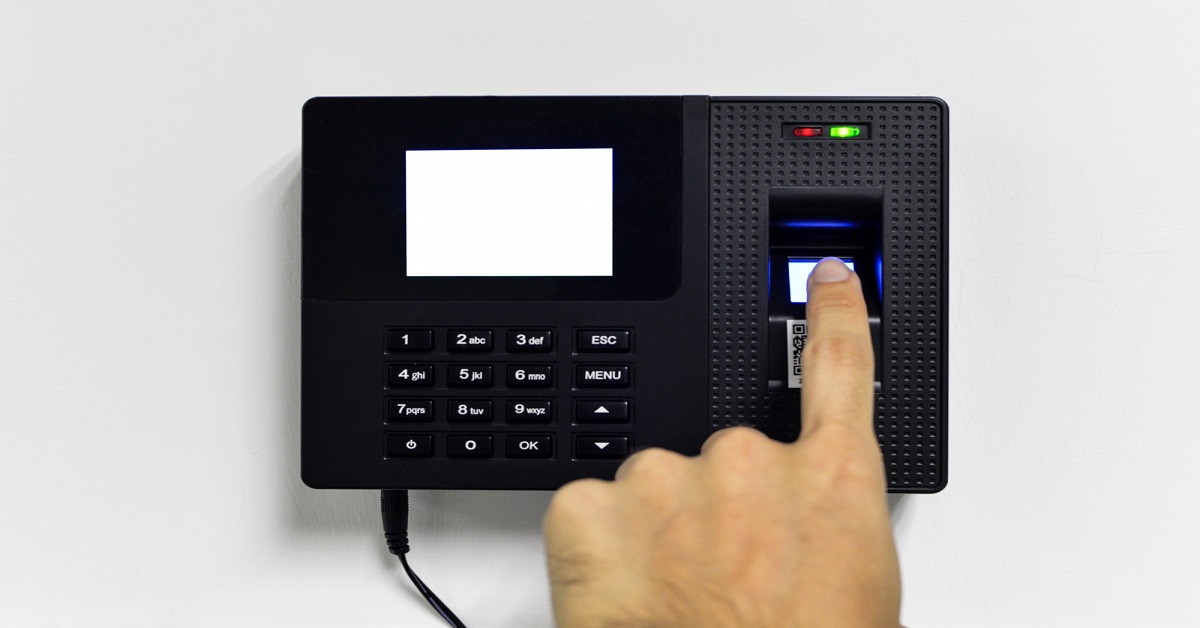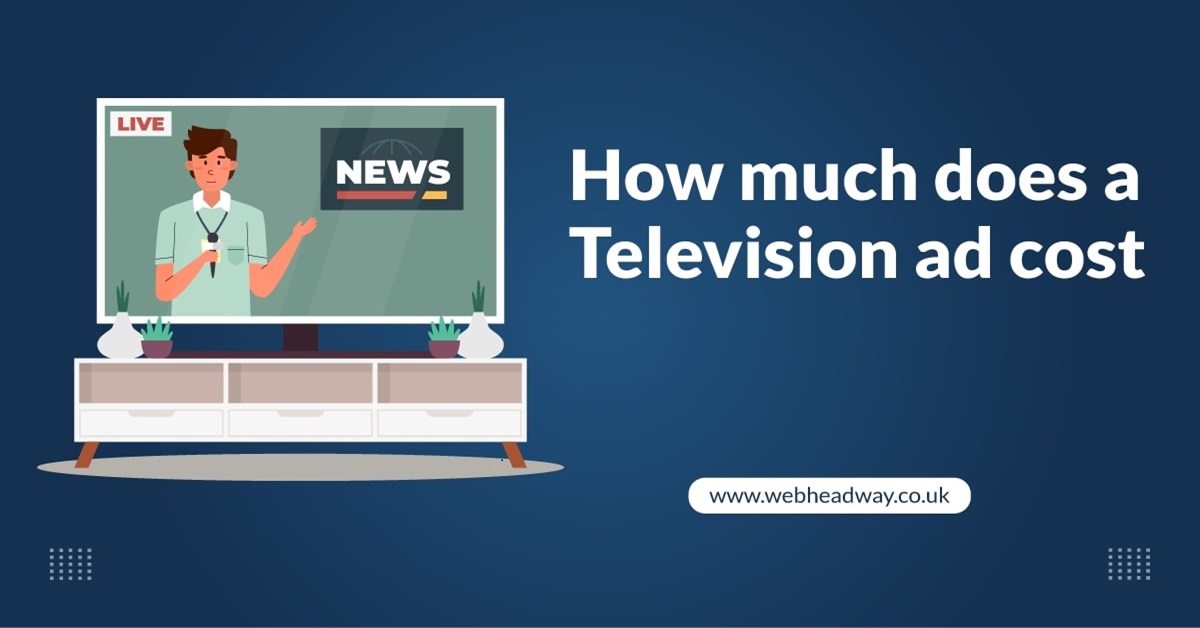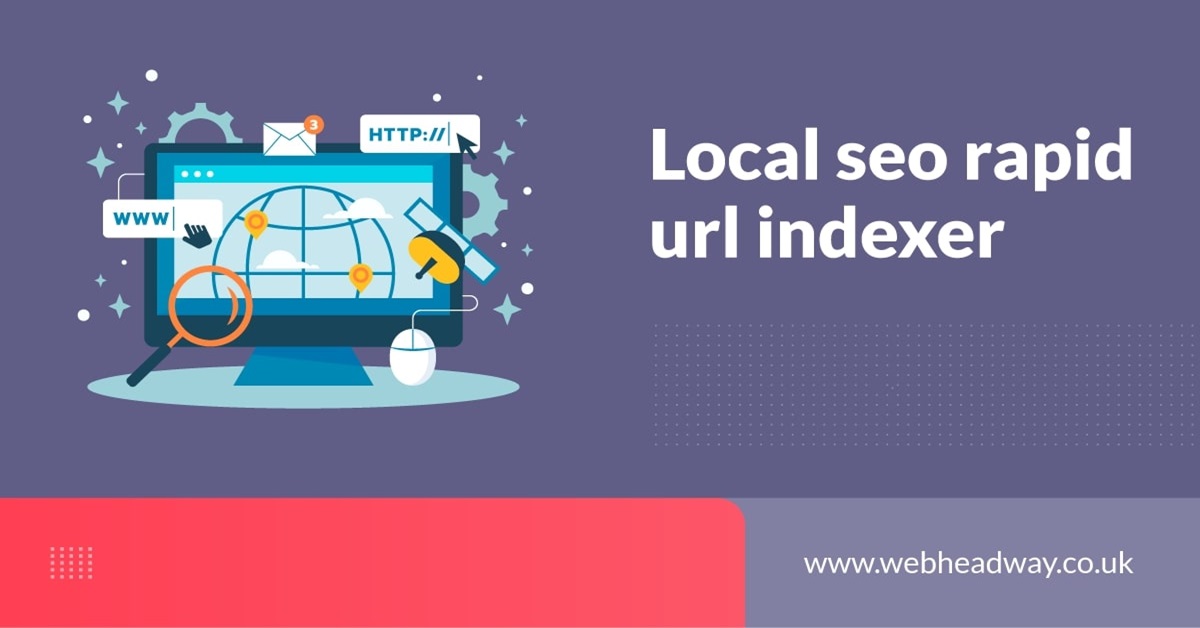
Table of Contents
TogglePaid Search monitoring in pay-per-click (PPC) advertising is a powerful force in the ever-evolving world of digital marketing. It is an adaptable tool that helps businesses generate leads, increase sales and effectively engage with their target audience. But mastering PPC advertising is not an easy feat. This requires a well-thought-out plan and extensive platform expertise. By following this comprehensive lesson, which will guide you through the process of mastering PPC advertising, you can increase the impact of your ads.
Setting goals is crucial before you dive into PPC advertising. What do you hope to achieve? Are you trying to improve sales, generate leads or improve website traffic? Setting specific and specific objectives will enable you to customise your PPC ads and get the intended results.

Keywords are the foundation of your PPC campaign. To effectively reach your target audience, you must use appropriate keywords. To get started, create a list of potential keywords associated with your brand, product or service
You can identify relevant keywords, estimate search volume, and evaluate the competition with tools like Ahrefs, SEMrush, and Google’s Keyword Planner. A combination of long-tail (specialised) and short-tail (broad) keywords should be your goal.
Long-tail keywords can generate high-quality leads but are more specific and often have less search volume than short-tail keywords, which are more general in nature.

In PPC advertising, knowing your competitors is essential. Examine your competitors’ ads and keywords to determine their advantages and disadvantages. Remember:
Next, set up your PPC campaign. You must create campaigns and ad groups for the platform you are using (Google Ads, Bing Ads or other). An organised campaign makes it easier to manage your ads. Here’s a basic campaign structure outline to get you started:
The performance of your PPC campaign is largely dependent on the quality of your ad copy and creativity. Your ad must
The landing page is where the magic happens. This is where people go after clicking on your ad. Increased conversions depend on a properly optimised landing page. Consider these suggested strategies:

Running an effective PPC campaign depends on your budget and bidding strategy. Establish a daily or monthly spending plan consistent with your advertising objectives. Distribute your funds between specific ad groups and campaigns based on how well they perform. Depending on your goals, there are different ways to bid:
PPC advertising requires solid tracking and mastery of analytics. To monitor the effectiveness of your efforts, use third-party tools or tracking platforms such as Google Tag Manager and Analytics. Important metrics to monitor are as follows:
The field of digital marketing is always evolving. Platform updates, new trends, and technology can all significantly impact your PPC advertising. Keep up to date with industry news, webinars, conferences and blogs to stay abreast of this topic. The more knowledge you possess, the more you’ll be able to adjust and thrive in the paid search industry.
Mastering PPC advertising takes commitment, data-driven decision-making and a willingness to adapt to the ever-changing digital landscape. You can design PPC ads that work for your business by following these steps, creating clear goals, and doing extensive research. So get ready, jump in and become an expert in the pay-per-click advertising industry now.
Are you looking for a marketing partner to help you create PPC ads tailored to your audience and brand? Contact Commit Agency! As a full-service advertising agency based in the Phoenix, Arizona area, we believe that carefully planned client encounters based on a clear brand identity create memorable and social media-worthy moments.

Despite their great effectiveness, paid search campaigns are susceptible to many risks that can damage your company’s reputation and effectiveness. Ad hijacking and trademark infringement are two techniques that unscrupulous players, such as competitors, affiliates, and resellers, can use to take advantage of the effectiveness of sponsored search ads.
Redirecting customers to dangerous websites without the knowledge or consent of the brand, advertiser or website owner is known as ad hijacking. This deceptive tactic uses unauthorised ads to fool your target audience, undermines brand credibility and can result in unnecessary ad spend.
Ad hijackers often imitate successful ads to profit from traffic sent to their own websites or to earn commissions through affiliate marketing. Legitimate ad campaigns are interfered with, click-through rates drop and investments are lost due to unfair commissions.
Another danger to your brand integrity is trademark infringement. This happens when someone uses protected elements of your brand—such as your name, logo, symbol, or slogan—without your consent. Unauthorised use may cause consumer confusion as well as financial loss to the rightful owner of the brand.
When competitors bid on your trademarked terms, giving customers the impression that they are interacting with your brand, this is an example of trademark infringement in online advertising. This not only damages your brand reputation but also presents a serious financial risk.
Blue Google search icon with tablet and a magnifying glass
It is imperative that you take proactive steps to protect your brand from these risks. An effective defence plan must include careful trademark infringement monitoring and routine audits of ad placement. This is the point where paid search monitoring services become quite important.
Using sophisticated tools like web crawlers to simulate keyword searches on other search engines is called paid search monitoring. This automated technology finds websites that are displaying ads for your keywords, giving you the opportunity to identify potential illegal use of your trademarked phrases by program participants.
In addition to being effective, the system operates around the clock to provide ongoing defence against trademark infringement and ad hijacking. Paid search monitoring gives your brand the leverage to spot and fix such issues quickly.

In short, the world of sponsored search advertising requires a careful eye to protect your business from potential dangers. Trademark infringement and ad hijacking can waste money and damage your company’s reputation. Brands can strengthen their online presence, improve targeting strategies, optimise ad campaigns and ultimately achieve a higher return on investment (ROI) using paid search monitoring tools.
Paid search monitoring is a smart decision to improve the security of buying campaigns and ensure your brand survives in the ever-changing world of digital marketing, not just a security measure. Active monitoring can help you stay ahead of the curve and position your company for success in the cutthroat world of sponsored search advertising.






